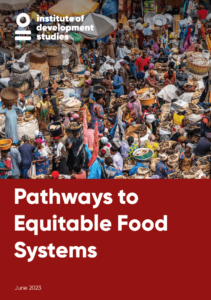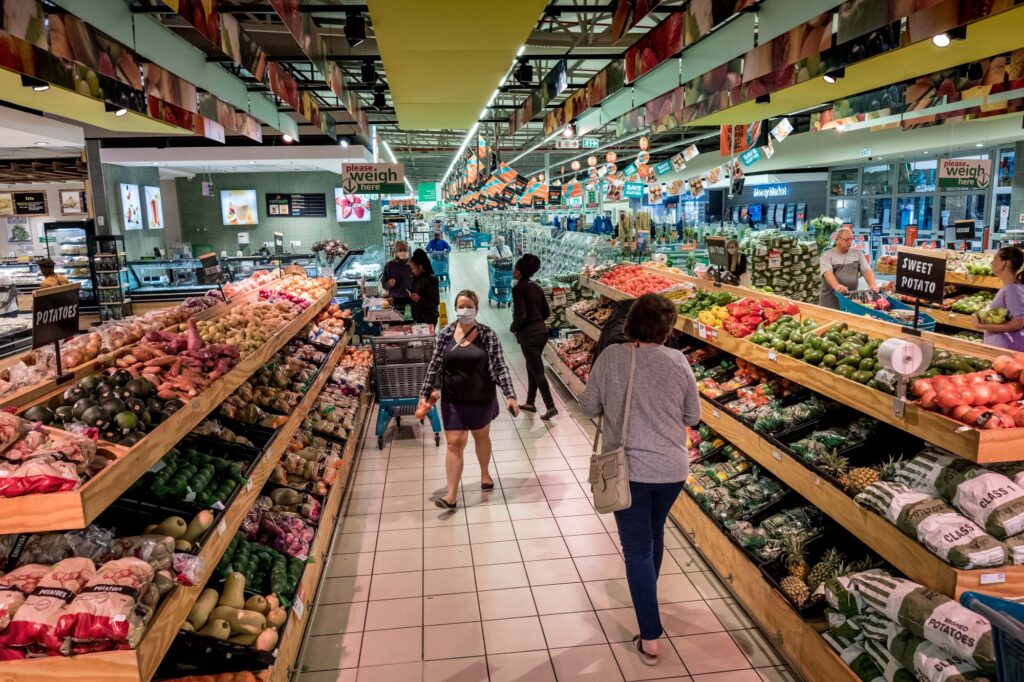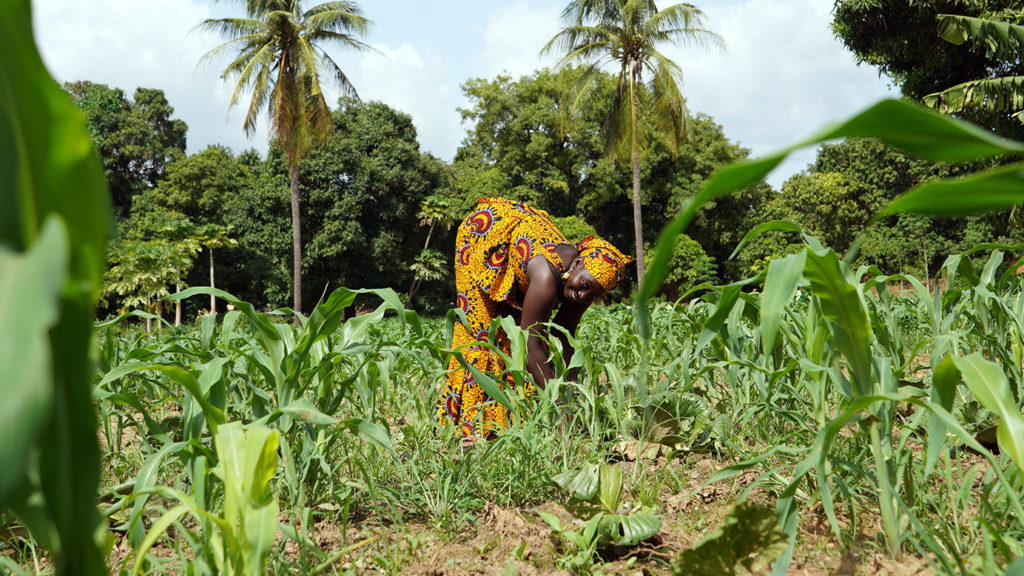Global food systems are highly inequitable.
Marginalised groups are denied access to affordable, nutritious food, because of who they are. Millions of people working in food are forced to work long hours for low wages with few labour rights.
Our new report highlights the nature of inequities in food and examines how power imbalances drive these injustices. We urgently need to tackle the systemic flaws in how food is produced, processed, distributed and consumed, and make food systems more equitable.
Read the news story: Corporate and government control of food systems harming most vulnerable

Our new report shows how food systems around the world are highly unjust, reveals the drivers of food inequity, and outlines a pathways approach to moving towards a more socially just food system.
Read the report
What can we do about food inequities?
Building on our report findings, read further analysis on how we can tackle injustices:

Why is hunger becoming the norm?
In unequal middle- and high-income countries, hunger persists and in some places is on the rise.
Our research finds that this normalisation of hunger is not due to a lack of money or food production but a lack of political will.
Read the press releases:
Brazil | South Africa | UK

Learn with us
Embark on an MA Food in Development with the School of Global Studies at the University of Sussex and IDS. You’ll gain an advanced understanding of the complex relationship between food and development, improving your ability to engage with issues such as food and nutrition security, sustainable food systems, value chains and corporate power and agribusiness.

Find out more about food equity
The Food Equity Centre, a partnership of research institutes from around the world, is addressing the urgent need for research and action towards more equitable food systems.
Our Health and Nutrition newsletter includes updates on our work on food systems and is sent out approximately four times a year.
Subscribe